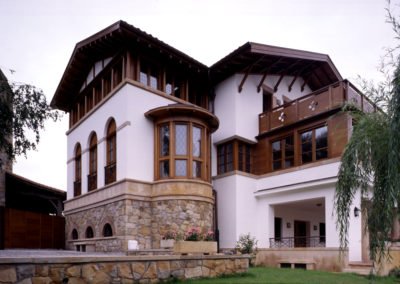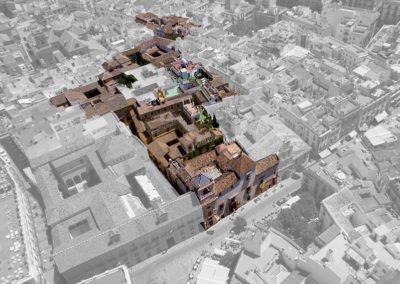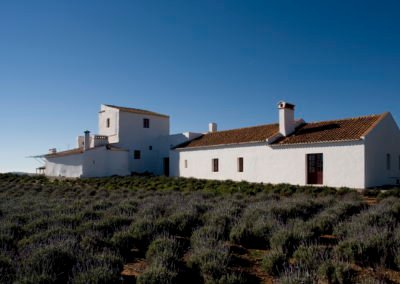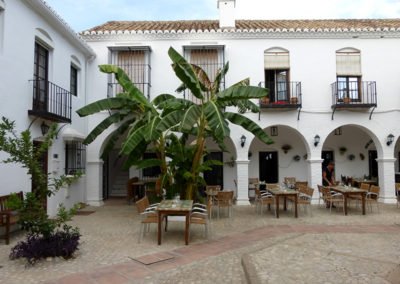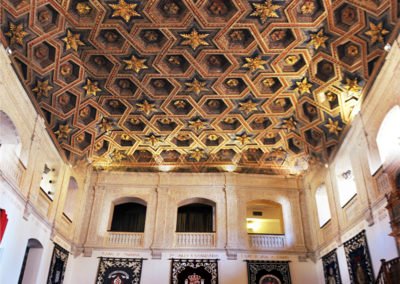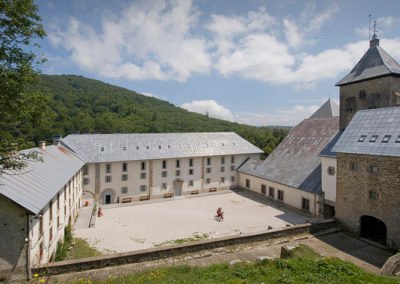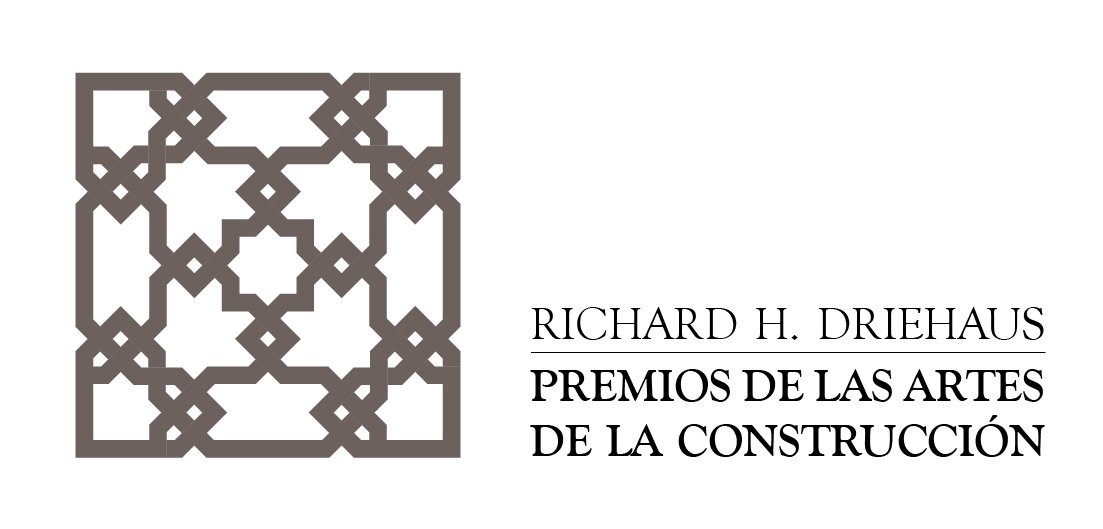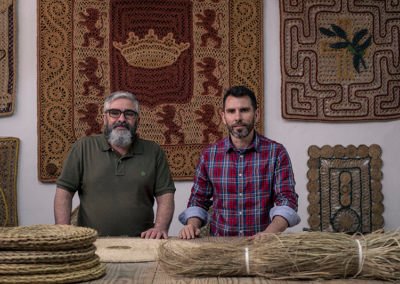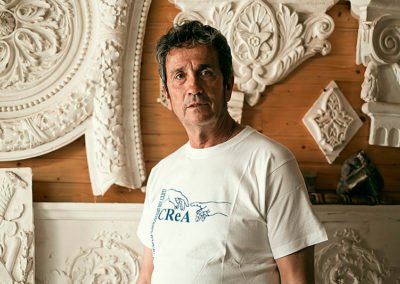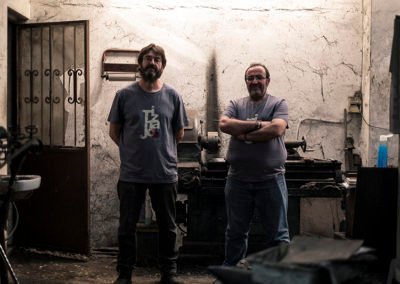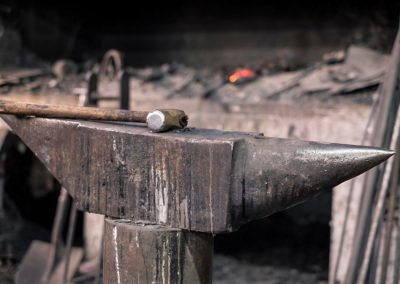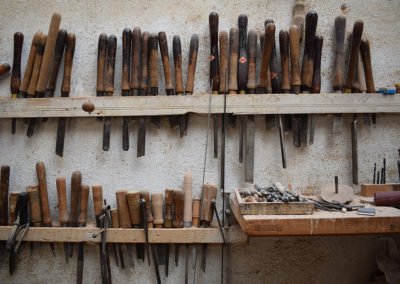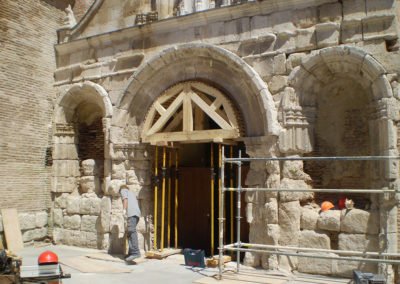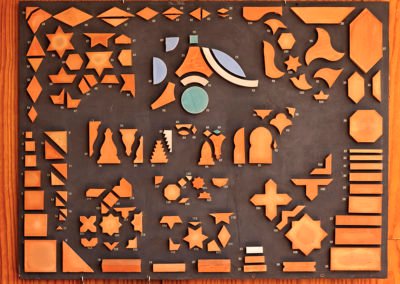Other Initiatives
In addition to the Richard H. Driehaus Architecture Competition, INTBAU, has developed the following projects, aimed at promoting the contemporary practice of traditional building, architecture and urbanism.
This award does not intend to honor the architects whose works best represent the latest architectural trends, or those whose interventions involve avant-garde transformations of our heritage, on the contrary, it is addressed to those architects whose work has contributed to the preservation, continuation and adaptation to contemporary needs of the building, architectural and urban traditions which define the identity of the places where they were built.
Traditional building works have been grouped for these awards into four categories, each one of them awarded an annual prize of €10,000 and a commemorative plaque. In order to increase the number of proficient building arts practitioners, the jury of the previous awards selects yearly one of the four awardees to train an apprentice for one year, granting this master support of up to an additional €14,000.
In selecting this awardee, the jury will consider the greatest need among the categories and the most likely potential for long-term success. At the same time, the trainee, who will be selected among all possible applicants, will also receive economic support during the trainee’s training. This support will amount to a total of up to € 12,000, also if the agreed results are achieved.
The directory makes these crafts more accessible to society as a whole, thus contributing to the knowledge and appreciation of them. In addition, thanks to the visibility that it provides to the masters included in it, it helps their work become increasingly in demand and, with this thus supports the continuation and transmission of their work. No less important, are those architects or technicians who must face the task of restoring a patrimonial property, or new construction, in environments of significant value; the directory will be enable them to locate the best experts with greater facility in order to satisfactorily realize the work.
In both the new traditional architecture, and the restoration of historic buildings, it is generally problematic sourcing the appropriate craftsmen for each piece of work in the region where it is done. Often, the widespread ignorance of these trades adds to the lack of diffusion of small companies, which cannot compete with the advertising presence and accessibility within the large industry; especially on the Internet, where having a good and well positioned webpage is usually out of reach. This encourages the choice of industrial and standardized products and techniques that are foreign to local cultures and economies.
This project aims to help correct that situation by providing those masters with greater visibility on a national level. This project is not conceived as a simple directory of craftsmen in construction, but also a pedagogical database, explaining the different processes of each of these arts in varying geographical regions of Spain. It has been sought that the professionals involved specify their techniques, systems and tools so that they are accessible and can thus be recognized and valued in their right measure, without being confused with vulgar substitutes.


